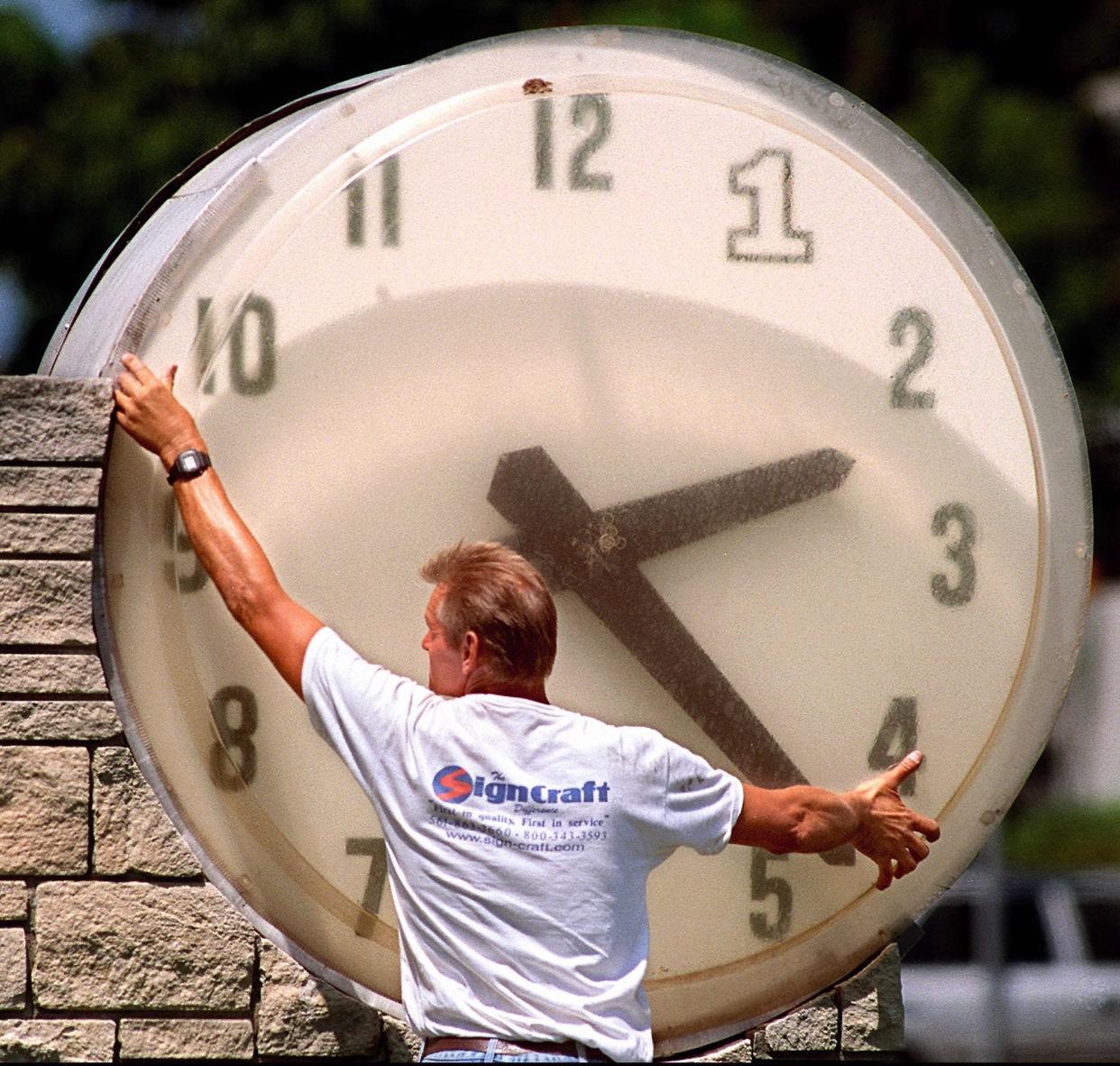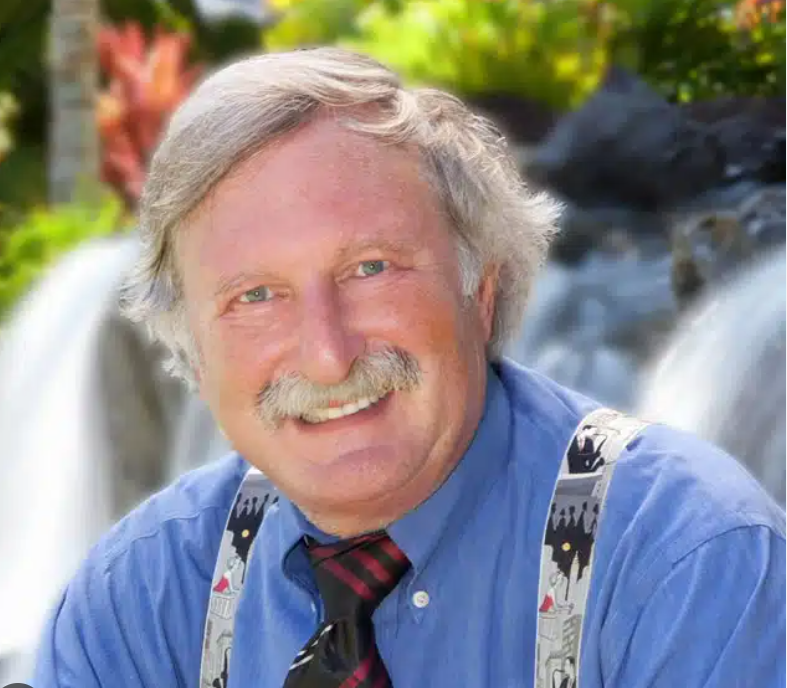Why the twice-annual time changes mess with sleep patterns and your health
It’s probably no coincidence that Sleep Awareness Week (March 10-16) started on the very day when our clocks “sprung forward” an hour — a government-imposed ritual that always disrupts our sleep patterns.
For those of us of a certain age, Daylight Saving Time (DST) in the 20th century had easy-to-remember start and finish dates: the last Sundays in April and October.
In other words, exactly six months of DST, six months of Standard Time.
But then, just like holiday creep now gives us Christmas sales before the kiddos have even gone Halloween trick-or-treating, the government started playing with DST start and finish dates.
First, it shifted the start of DST to the first Sunday of April; that lasted from 1987 to 2006.
Then the passage of the Energy Policy Act of 2005 resulted in what we have had since 2007: DST starts on the second Sunday of March and concludes on the first Sunday of November.

So if you’re having a little extra trouble this month falling asleep or waking up, you’re not alone.
According to the Sleep Foundation, recent polls have found that more than 60% of people want to end biannual clock changes and in a 2023 survey, health and safety were most often cited as the top priorities for guiding policy decisionsabout clock changes.
And Dr. Jacob Teitelbaum — a best-selling author, researcher, public speaker and retired physician — is not happy about it.
He believes “it’s time for Daylight Saving Time to be put to bed and instead switch to Standard Time throughout the year.”
Conversely, several elected officials want us to be on Daylight Saving Time year-round. U.S. Sen. Marco Rubio of Florida and Rep. Vern Buchanan (R-FL) are proponents of the Sunshine Protection Act. Under the bill’s provisions, there would be no clock changes in the spring and fall.
How clock changes can affect our health
As Teitelbaum, whose latest best-seller is called "From Fatigued to Fantastic!" explained, “our internal clocks, called the circadian rhythm, are critical for healthy functioning — and this includes sleep, cognition, and energy.”

He notes that a recent New England Journal of Medicine study found that “driving to work and school when it’s still dark outside and your brain is still sleepy is associated with increased accidents and poor functioning.”
In addition, a 20-year study published in Current Biology following 732,835 fatal motor vehicle accidents showed an average 6% spike in traffic fatalities linked to DST every March.
Another study by the AAA Foundation for Traffic Safety reported that 6% to 11% of police-reported motor-vehicle crashes and 16% to 21% of fatal crashes involved “drowsy” driving.
“Overall, the shifts caused by following daylight savings time have been associated with higher risks of deaths from car crashes, workplace errors (including medical), stroke, and heart attacks,” said Teitelbaum.
He also noted that “springing forward” is harder on the body than “falling back,” but both are unhealthy and “worsen our national epidemic of insomnia.”
“The extra hour of light in the evening makes it harder for people to fall asleep. For many people, this simply results in one less hour of sleep at night,” he said.
Teitelbaum lamented that “we’re already a sleep-deprived society making do with an average of six-plus hours of sleep per night. This increases fatigue, cognitive dysfunction, weight gain, chronic pain, and immune dysfunction. Simply put, things that worsen our national epidemic of insomnia are unhealthy.”
But unless and until the DST laws are changed, Teitelbaum stressed that there are many safe, natural approaches to helping the body get to sleep when bedtime rolls around.
“These can include melatonin and magnesium/calcium supplements and numerous herbs and nutrients such as valerian, passionflower, five HTP, hops, and lavender,” he said. “A number of essential oils can also be quite effective.
Here are a few more tips Teitelbaum suggests to help improve your quality of sleep:
Don't consume alcohol near bedtime.
Don't consume any caffeine after 4 p.m.
Don't use your bed for problem-solving or doing work.
Take a hot bath before bed.
Keep your bedroom temperature cool.
If your partner snores, sleep in a separate bedroom (after tucking in or being tucked in by your partner) or get a good pair of earplugs and use them. The wax plugs that mold to the shape of the ear are often the best ones.
If you frequently wake up to urinate during the night, do not drink a lot of fluids near bedtime.
Put your bedroom clock out of arm's reach and facing away from you so you can't see it. Looking at the clock frequently aggravates sleep problems and is frustrating.
Have a light snack just before bedtime. Hunger and hypoglycemia cause insomnia in all animals, and humans are no exception. For your snack, eat foods high in the amino acid tryptophan, such as milk and turkey, which promotes good sleep.
This article originally appeared on Palm Beach Post: Daylight Saving Time? Standard time? The history, health implications
